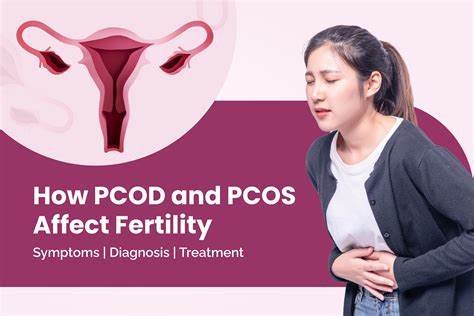Best PCOD Investigation and Treatment

Polycystic Ovarian Disease (PCOD) is a common hormonal disorder affecting women of reproductive age. It is characterized by the presence of multiple small cysts in the ovaries, irregular menstrual cycles, hormonal imbalances, and symptoms such as weight gain, acne, excessive hair growth, and difficulty in conceiving. PCOD occurs due to the overproduction of androgens (male hormones) which interferes with the normal functioning of the ovaries, leading to irregular or absent ovulation. Early diagnosis and proper management are essential to prevent long-term health complications such as type 2 diabetes, infertility, and cardiovascular issues.
Investigation for PCOD
Diagnosing PCOD involves a combination of medical history, physical examination, and diagnostic tests. Common investigations include:
- Detailed menstrual and symptom history - Physical examination for signs like acne, hirsutism (excess hair), and obesity - Pelvic ultrasound to detect multiple ovarian cysts - Blood tests to check hormone levels including LH, FSH, testosterone, prolactin, and insulin - Thyroid function tests and blood sugar levels to rule out other disorders
Treatment of PCOD
Treatment for PCOD is personalized based on symptoms, age, and whether the woman is planning to conceive. It often includes a combination of lifestyle changes, medication, and regular monitoring.
- **Lifestyle Modifications**: Weight loss through a balanced diet and regular exercise is the first-line treatment. Even a 5–10% weight reduction can help regulate hormones and periods. - **Hormonal Medications**: Birth control pills are commonly prescribed to regulate periods, control acne, and reduce excessive hair growth. - **Ovulation Induction**: For women trying to conceive, medications like clomiphene citrate or letrozole may be used to stimulate ovulation. - **Insulin-Sensitizing Agents**: Metformin may be prescribed to manage insulin resistance and improve menstrual regularity. - **Cosmetic Treatments**: Dermatological treatments can help manage acne and unwanted hair growth. - **Regular Monitoring**: Ongoing medical follow-up is essential to track progress and prevent complications like diabetes or endometrial hyperplasia.
Key Tips for PCOD Management
- Maintain a healthy body weight - Eat a diet rich in fiber, lean proteins, and low in refined sugars - Avoid processed foods and sugary beverages - Get at least 30 minutes of moderate exercise most days - Manage stress through relaxation techniques - Take medications as prescribed and follow up regularly with your doctor